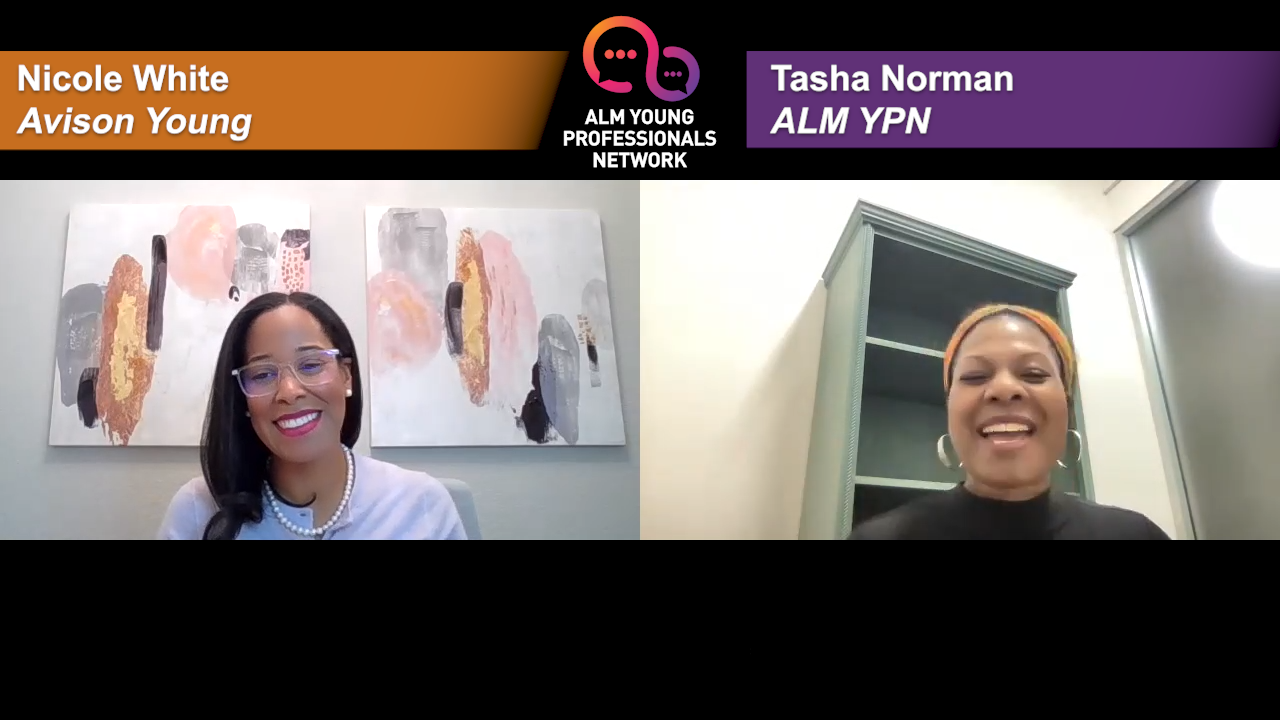ORANGE COUNTY, CA—Until a retailer facing Chapter 11 makes a determination to either assume or reject existing leases, property owners are in limbo and cannot evict the tenant no matter what the lease says, Avison Young's principal Jay Maddox tells GlobeSt.com. We have been chatting with several experts in the retail sector about grocery-store chain Haggen's recent decision to pull out of California and the Southwest. Here, Maddox gives us his take on how Chapter 11 bankruptcy by the retailer could hit the retail sector.
GlobeSt.com: How could chapter 11 bankruptcy affect the leasing of retail stores such as Haggen?
Maddox: Chapter 11 bankruptcy gives the retail tenant relief from the actions of creditors (including landlords pursuing past due rent) while it attempts to work out a reorganization plan. This is called the automatic stay. The tenant then has as much as 210 days to decide whether to assume or reject the lease. During this interim period, the tenant must keep current on the rent, and for the most part it is business as usual as far as the public is concerned. In a major retailer bankruptcy, the decision to close or sell stores is often resolved early in the proceedings in order to preserve value for creditors. In some cases, the retailer may have already pre-negotiated a deal with creditors and new investors before it filed Chapter 11. This is called a pre-packaged bankruptcy, and immediately allows the parties to have full knowledge of the impact on the leases.
GlobeSt.com: What should landlords and brokers know about these laws in order to maximize their efforts at filling this space?
Maddox: Bankruptcy leaves landlords in a difficult situation. Until the retailer makes a determination to either assume or reject the lease, the property owner is in limbo and cannot evict the tenant no matter what the lease says. This can be very frustrating since many important rulings are made early in a major retailer bankruptcy while the landlord is on the outside looking in.
If the retailer sells the store, the lease is usually assumed under its original terms, all past-due amounts are brought current, and the lease is assigned by tenant to the buyer. While this might sound like a good outcome, the reality is that the landlord has no control over this decision regardless of what the lease says, and therefore no opportunity to object to the replacement tenant or to capture the benefit of potentially higher current market rents. In fact, well-located stores with attractive lease terms are often good candidates to be sold.
GlobeSt.com: What happens if the lease is rejected by the bankrupt tenant?
Maddox:In that case, the tenant must convey the premises back to the landlord immediately, and the landlord can re-tenant the space. If market rents are higher than the previous lease, the landlord may benefit. The landlord can also make a bankruptcy claim for unpaid amounts and future rent due under the lease; however, the claim for future rent due is capped by a formula, regardless of what the lease says.
GlobeSt: How can center owners prevent under-market leases to bankrupt retailers from prevailing occurring during an up cycle?
Maddox:The best defense is a good offense. If the bankrupt tenant has not elected to either assume or reject the lease, leaving the landlord in limbo, the landlord might elect to file a court motion to compel the retailer to make a decision in order to force its hand. The landlord can also team up with other owners, hire legal counsel, and try to protect their interests as a class. Landlords can also work with their brokers to identify replacement tenants and perhaps use this as leverage to negotiate with the retailer.
GlobeSt: What else should our readers know about this scenario?
Maddox: Bankruptcy is a murky road, fraught with peril for landlords and creditors alike. It is a world filled with arcane, confusing terms and governed by a complex court process. Missing a deadline or misunderstanding the process can be very costly. Ultimately, Chapter 11 is litigation and a forum for debtors to work out a recovery plan with creditors. The uninformed landlord would be very wise to seek professional advice from real estate and bankruptcy experts in the event of a tenant bankruptcy in order to protect its interests.
© Touchpoint Markets, All Rights Reserved. Request academic re-use from www.copyright.com. All other uses, submit a request to [email protected]. For more inforrmation visit Asset & Logo Licensing.






